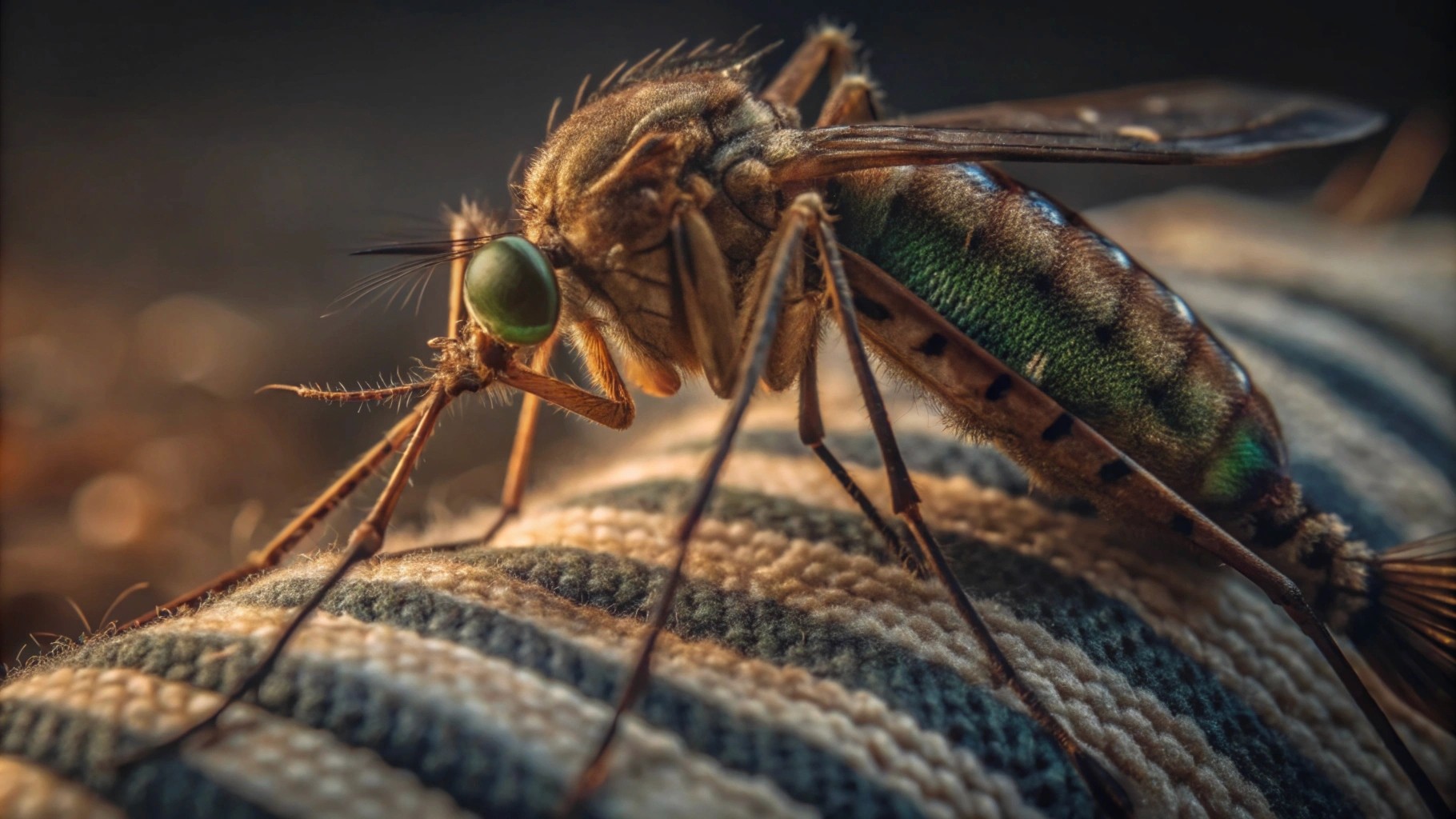
Wolbachia for mosquito control

Explanation
upd
8/18/24
Precisely
Simpler
Shorter
Main
Wolbachia is a naturally occurring bacteria that can be used to control mosquito populations and reduce the transmission of mosquito-borne diseases like dengue, Zika, and chikungunya. When introduced into disease-carrying mosquitoes like Aedes aegypti, Wolbachia bacteria block these viruses from replicating inside the mosquitoes' bodies. This reduces the mosquitoes' ability to transmit dengue, Zika, and chikungunya to people when they bite. For example, releasing Wolbachia-infected mosquitoes in areas affected by dengue has been shown to reduce the incidence of the disease by up to 77%.
Terms
Aedes aegypti: The primary mosquito species responsible for transmitting dengue, Zika, and chikungunya viruses to humans.
Bacteria: Single-celled microorganisms that can be found in various environments, including inside other organisms like mosquitoes.
Biocontrol: The use of living organisms to suppress pest populations, in this case, using Wolbachia bacteria to control mosquitoes.
Chikungunya: A viral disease transmitted by Aedes mosquitoes that causes fever and severe joint pain.
Dengue: A mosquito-borne viral infection that causes flu-like symptoms and can lead to severe complications like dengue hemorrhagic fever.
Zika: A viral disease transmitted by Aedes mosquitoes that can cause birth defects like microcephaly in babies born to infected mothers.
Analogy
Think of Wolbachia as a natural vaccine for mosquitoes. Just like how vaccines protect humans from diseases by training our immune systems to fight off pathogens, Wolbachia "vaccinates" mosquitoes against viruses like dengue and Zika. When a Wolbachia-infected mosquito bites a person, it's like getting a shot from a needle that can't transmit the disease.
Misconception
Many people believe that using Wolbachia to control mosquitoes involves genetically modifying the insects. However, this is not the case. Wolbachia is a naturally occurring bacteria that is simply introduced into the mosquito population through controlled releases. No genetic modification is involved in the process. This misconception often arises because another mosquito control method, the sterile insect technique, does involve genetic modification.
History
1924: Wolbachia is first discovered in mosquitoes by Marshall Hertig and Simeon Burt Wolbach.
1971: Janice Yen and A. Ralph Barr propose that Wolbachia could be used for mosquito control due to its effects on reproduction.
2008: Researchers discover that Wolbachia can protect Drosophila flies against RNA viruses, sparking interest in its potential for controlling mosquito-borne diseases.
2011: The first field trials of Wolbachia-infected Aedes aegypti mosquitoes are conducted in Australia.
2021: Wolbachia mosquito releases expand to over 10 countries, with long-term suppression of dengue and other diseases observed in release areas.
How to use it
As a resident in an area affected by mosquito-borne diseases, you can support the use of Wolbachia for mosquito control by staying informed about any planned releases in your community. Attend public meetings or information sessions to learn about the program and voice any concerns you may have.
If Wolbachia-infected mosquitoes are released in your area, you can help monitor their effectiveness by participating in mosquito surveillance activities. This may involve allowing public health officials to place mosquito traps on your property or reporting any changes in mosquito activity you observe.
While Wolbachia is an effective tool for reducing mosquito-borne diseases, it's still important to take personal protective measures against mosquito bites. Use insect repellent, wear long-sleeved clothing, and ensure your home is properly screened to keep mosquitoes out. These actions will complement the Wolbachia strategy and further reduce your risk of infection.
Facts
Wolbachia is estimated to naturally infect around 50% of all insect species.
Wolbachia-infected mosquitoes have been released in over 10 countries, including Australia, Brazil, Colombia, Indonesia, and Vietnam.
In areas where Wolbachia mosquitoes have been released, dengue incidence has been reduced by up to 77%.
Wolbachia can shorten the lifespan of Aedes aegypti mosquitoes by up to 50%, reducing their ability to transmit diseases.
The Wolbachia strain used in Aedes aegypti is called wMel and was originally isolated from Drosophila melanogaster fruit flies.
Materials for self-study
12
Carl Zimmer @The New York Times
9/29/23
3
@World Mosquito Program
3/16/22
7
@World Mosquito Program
8/18/24
45
Giulio Petronio Petronio @Frontiers in Microbiology
10/13/23
Stephen Dobson, PhD, Johanna Ohm, PhD @GeneConvene Global Collaborative
2/24/21
+ Suggest a material
Register to Use the Bookmarking Feature
By registering, you can:
Save materials for later (bookmarks)
Track your progress on roadmaps and blocks
Access selected medium and full roadmaps for free
Get notified about new roadmaps
Check exercise
You're attending a community meeting where local health officials are proposing to release Wolbachia-infected mosquitoes in your neighborhood to combat a recent spike in dengue cases. A concerned neighbor stands up and claims this will introduce genetically modified organisms into the environment. How would you respond to correct this misconception?
Register to Track Your Progress
By registering, you can:
Save materials for later (bookmarks)
Track your progress on roadmaps and blocks
Access selected medium and full roadmaps for free
Get notified about new roadmaps
Updates
Subscribe to Use Updates Feature
By subscribing, you can:
Access all roadmaps
Access updates for blocks and roadmaps
Get feedback to your answers for exercises
Consult with experts for guidance
Order a custom block or roadmap monthly
Conversation with premium AI
Roadmaps where it's used
Share